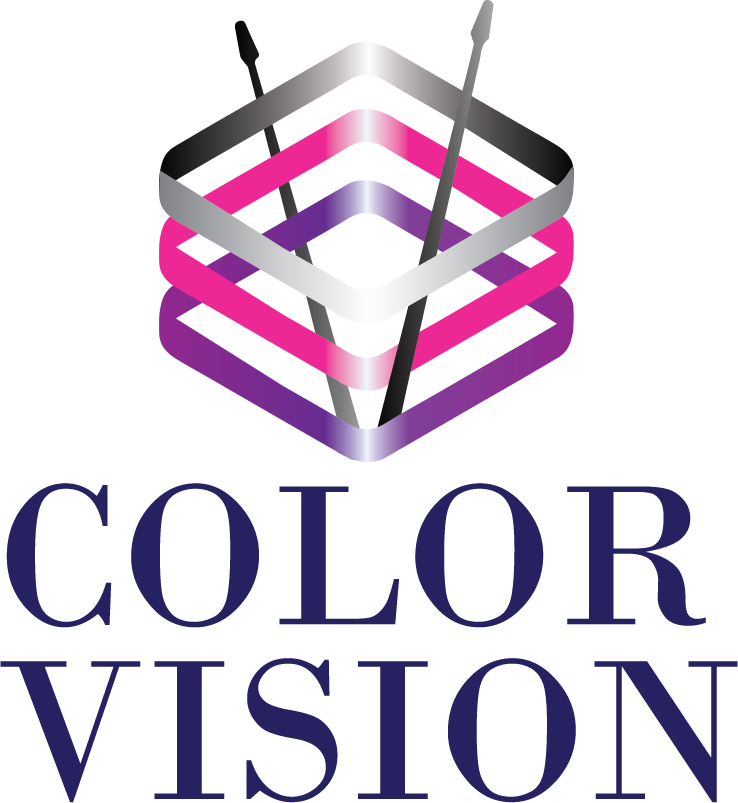Najla Austin to open Social Space in NYC for Women of Color
New York has always been a place where people go to chase their dreams, however while places like The Wing, SoHo House and tons of other spots have exclusive social memberships, none seem to cater to people of color. The New York Times recently sat down with a number of black entrepreneurs starting their own social clubs and we couldn’t be more thrilled! We’re especially excited for “Ethel’s Club” which will cater specifically to black women, founded by Najla Austin. Learn more about Ethel’s Club and the other new social club locations below.
Ethel’s Club is a forthcoming membership social space that will be housed in Brooklyn, NY. The founder Naija Austin was inspired by the success of The Wing and wanted to create something similar for women of color. There will be a boutique featuring products made by people of color in the front of the club, and a members-only quarter in the back. Membership is application-based; interested parties must support the brand mission of empowering and advancing people of color. A one-year membership is required, and events will range from matchmaking to wellness to tech workshops. Her credo is “for us by us.” Ethel’s Club is set to open in August 2019.
Founded by Ladin Awad, June Canedo, and Sienne Fekete, all women with lineage from the diaspora, they plan conversations about identities, privilege and the spectrum of experiences for women of color. Chroma has organized events such as “Working Women of Color” and “Continuity: A Conference on Self-Preservation for Women of Color.” They recent;y celebrated the grand opening of their Lower East Side studio. At the Chroma studio, they partner with other collectives and document the conversations, which have themes such as digital archives, social media, and mental health, and alcohol and drug addiction.
It's one of the few spaces in New York City that is exclusively for men of color with over 100 members. The Gentlemen’s Factory began as a middle ground between work and home for men who need a venue for networking and socializing. This space is open to men of color of all ages and backgrounds.
In New York, the law states that any public establishment must allow full and equal access to people irrespective of race, as well as “color, religion, or national origin.” Alicia McCauley, Deputy Press Secretary of the New York City Commission on Human Rights, says, “NYC Human Rights Law protects against racial discrimination in any form, including in public accommodations such as social clubs. However, social clubs can be centered around certain experiences as long as the membership policy is not discriminatory based on race, religion, national origin, or any one of the other 22 protected categories in NYC.”

